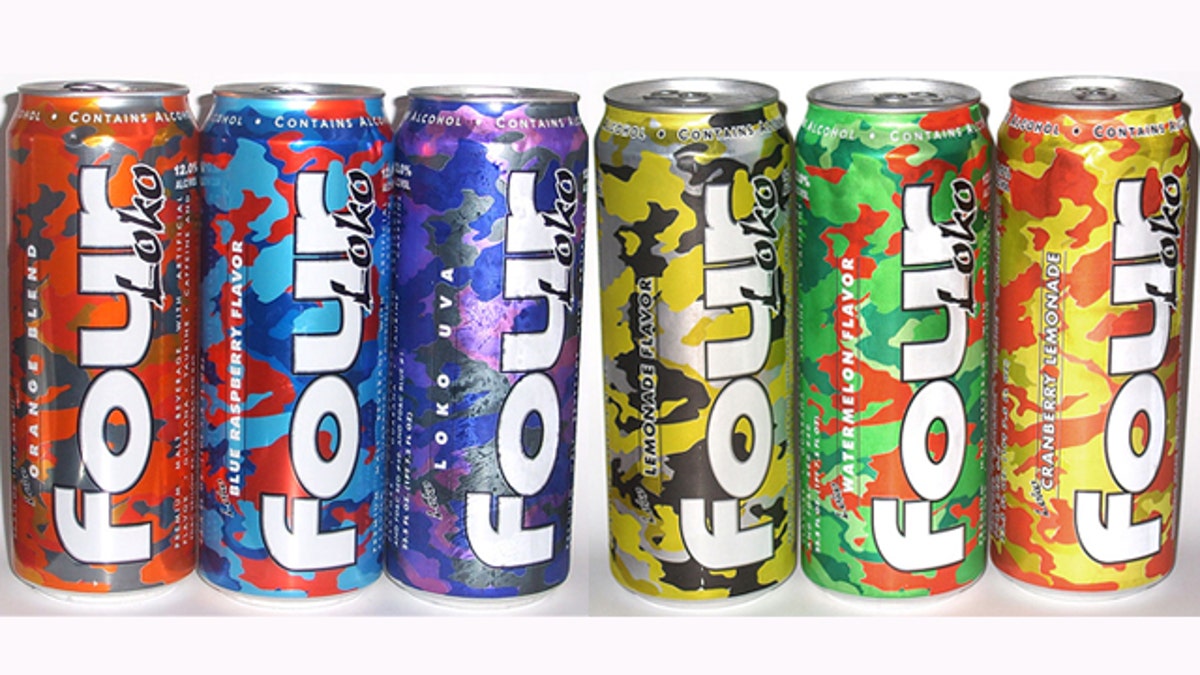
Energy drinks are hugely popular, but each one could be giving you more caffeine than a cup of coffee, a study said.
In addition, that caffeine could combine with other ingredients in potentially risky ways, with the use of energy drinks with alcohol a particular concern.
"What we know is that a typical energy drink can have as much as a quarter cup of sugar, and more caffeine than a strong cup of coffee," said John Higgins of the University of Texas Medical School at Houston, who led a study that appeared in this month's Mayo Clinic Proceedings.
Caffeine content of energy drinks ranges from 70 to 200 mg per 16-oz serving. By comparison, an 8-oz cup of coffee can contain between 40 to 150 mg depending on how it's brewed.
Even more of an issue is how ingredients often not mentioned on the labels -- such as the herbal stimulant guarana, the amino acid taurine, and other herbs, minerals and vitamins might interact with the caffeine, he told Reuters Health.
The concern is how such interaction might affect heart rates, blood pressure and even mental states, especially when consumed in large amounts, with alcohol, or by athletes.
Higgins and colleagues reviewed medical literature on energy drinks and their ingredients between 1976 and 2010, only to find there has been little research into their impact.
Some small studies, usually on physically active young adults, have shown the drinks can increase blood pressure and heart rates. But evidence of more serious effects such as heart attacks, seizures and death are anecdotal, they wrote.
Norway, Denmark and France banned Red Bull after a study showed rats that "were fed taurine and exhibited bizarre behavior, including anxiety and self-mutilation."
"We're not rats, but consumption has been shown to be positively associated with high-risk behavior," Higgins and his colleagues wrote.
Energy drinks are often promoted to, and used by, athletes for an "extra push." But Higgins and his group noted that based on the way caffeine and some other ingredients affect the body, there's a risk that energy drinks can seriously dehydrate users.
"The possibility of dehydration and increased blood pressure make water or lower-octane sports drinks, which contain electrolytes, some minerals and carbohydrates, a better choice," he added.
Non-athletes should drink no more than one a day, never mix them with alcohol, and drink lots of water after exercising.
People with hypertension should never drink them, and people with health conditions such as heart disease should consult their doctors before using the drinks.
Regulation of the drinks could go a long way toward solving potential problems, Higgins added.
"Manufacturers can put whatever in them, advertise however and people consume however. Whenever you have a situation like this, you are going to run into problems," he said.







































